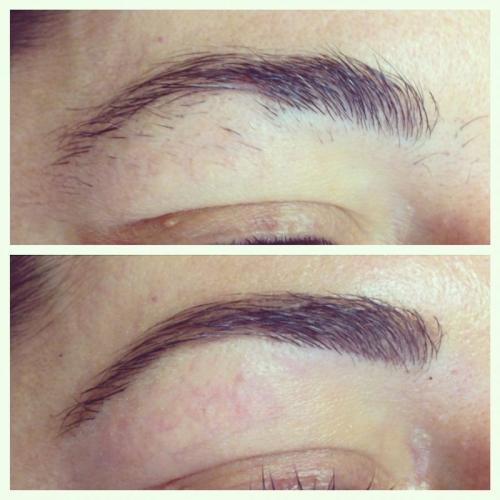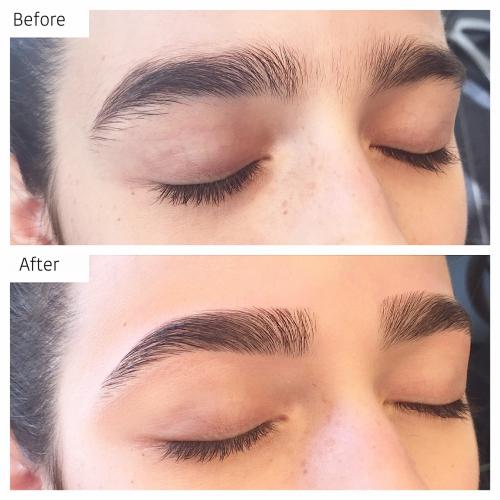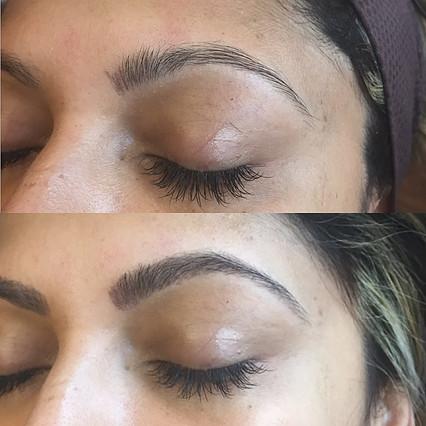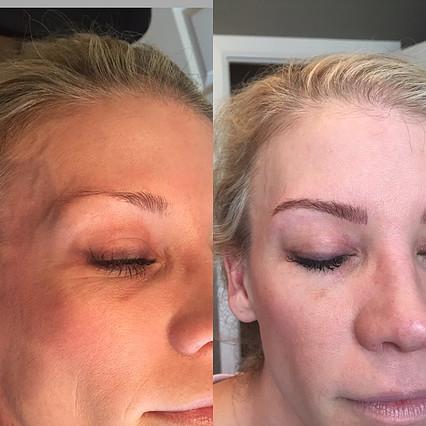To Buy Augmentin Online Visit Our Pharmacy ↓

Understanding Dental Infections and Their Causes
Dental infections, commonly known as dental abscesses, typically arise from bacterial invasion in the tooth's innermost pulp. This invasion can occur due to untreated dental cavities, chipped or broken teeth, or even gum disease. When bacteria penetrate the dental pulp, they infect the nerve tissues, leading to significant pain, swelling, and, eventually, an abscess, creating pus pockets that can cause more severe health complications if left untreated.
Understanding the root causes of these infections not only helps in treating them effectively but also highlights the importance of oral hygiene practices. Regular dental check-ups, proper brushing, and flossing techniques are crucial in preventing the onset of such infections. Remember, a stitch in time saves nine; early detection and intervention can prevent painful and costly dental issues later on.
| Common Causes | Prevention Tips |
|---|---|
| Untreated cavities | Regular dental check-ups |
| Gum disease | Proper brushing & flossing |
| Broken teeth | Use of protective gear |
How Augmentin Works Against Dental Infections

Augmentin is an antibiotic composed of amoxicillin and clavulanate potassium. It targets bacterial infections, overcoming resistance and ensuring effective treatment. When it comes to dental infections, such as abscesses or periapical infections, the utility of Augmentin lies in its ability to inhibit bacteria responsible for inflammation and pain.
While amoxicillin disrupts the bacteria’s cell wall synthesis, resulting in their death, clavulanate potassium combats bacteria producing beta-lactamase enzymes, which ordinarily render some antibiotics ineffective. This combination makes Augmentin invaluable where typical antibiotics might fail.
Early intervention with Augmentin not only accelerates patient recovery but also prevents the spread of infection to adjacent tissues. However, it is crucial to follow the prescription guidelines precisely to achieve the best outcome.
A comprehensive approach to dental infections involves timely diagnosis, appropriate medication, and good oral hygiene practices to prevent recurrence. Due to its dual activity, Augmentin remains a preferred choice among dental health professionals, facilitating rapid and efficient management of infections.
Correct Dosage and Administration of Augmentin
When taking Augmentin for dental infections, the correct dosage is crucial for successful treatment. Typically, a dentist will recomend a dosage based on the severity of the infection and the patient's overall health. Adults are often prescribed 500 mg every 8 hours or 875 mg every 12 hours, taken with a full glass of water. It's important to follow your dentist's instructions precisely to ensure the medication's effectiveness.
Administration of Augmentin should be continuous until the prescribed course is completed, even if symptoms improve early on. Interrupting treatment can lead to a resurgence of the infection. Additionally, taking it with food can help minimize potential gastrointestinal side effects.
Accurate dosing and adherence to the prescribed regimen noticably improve outcomes. Patients should also be aware of the potential for allergic reactions, especially if they have a history with penicillin. Consulting with your healthcare provider if you experience any adverse effects is highly advisable for safe and effective treatment.
Potential Side Effects of Augmentin

When taking Augmentin for dental infections, it's crucial to be aware of the potential side effects that may accompany this medication. Common side effects include gastrointestinal issues like nausea, vomiting, and diarrhea, as the antibiotic can sometimes disrupt your stomach's natural balance. Occasionally, you might experiance mild skin rashes, which typically subside on their own.
In rare cases, patients might suffer from more severe reactions, such as allergic responses ranging from hives to difficulty breathing. These symptoms require immediate medical attention. It's also worth noting that, under certain circumstances, long-term use of Augmentin can lead to oral thrush or vaginal yeast infections due to an imbalance in your body's natural flora.
Individuals who have liver disease or other underlying health conditions should consult with their healthcare provider before starting Augmentin. Combining this medication with alcohol or certain other drugs may enhance these side effects, so discuss your complete medical history to mitigate risks.
When to Avoid Using Augmentin
It's crucial to avoid using augmentin if the patient has a history of severe allergic reactions to penicillin or cephalosporins. Such allergic reactions can range from an itchy rash to life-threatening anaphylaxis. Moreover, patients with liver failure should not take Augmentin, as the medication may exacerbate liver damage. It’s also essential to be cautious when prescribing Augmentin to individuals with a history of gastrointestinal diseases, such as colitis, since it may worsen these conditions.
| Condition | Reason to Avoid Augmentin |
|---|---|
| Allergic Reactions | Severe reactions, potentially fatal |
| Liver Failure | Risk of worsening liver damage |
| History of Colitis | Potential for exacerbation |
Self-medication can be risky, as individuals may not know their full allergy history or how Augmentin might interact with other conditions or medications. It's always best to consult with a healthcare provider to recieve the most suitable treatment options tailored to individual health needs.
Tips for Preventing Dental Infections
Maintaining good oral hygiene is your first line of defense against dental infections. Be sure to brush your teeth at least twice a day and floss daily to remove debris that can lead to bacteria buildup. Regular dental checkups are also crucial; your dentist can identify potential issues before they escalate into infections. Eating a balanced diet and limiting sugary foods and drinks can also help maintain oral health. Lastly, avoid smoking and excessive alcohol consumption, as these habits can weaken your immune system and make it harder to fight off infections.
Remember, preventive care is often more effective (and less painful) than treating an infection once it has occured. By adopting these practices, you can significantly reduce your risk of dental infections. For more detailed insights, check out these resources: Healthline and NCBI.
Before & After
Testimonials
Read out what our customers say about our services.
Read Testimonials
Join Our VIP List
Great News!
Comming soon our new location in Fort Worth (Alliance area)
3529 Heritage Trace Parkway, Suite 163
Fort Worth, TX 76244
Sign up now to join our VIP list and receive coupons












